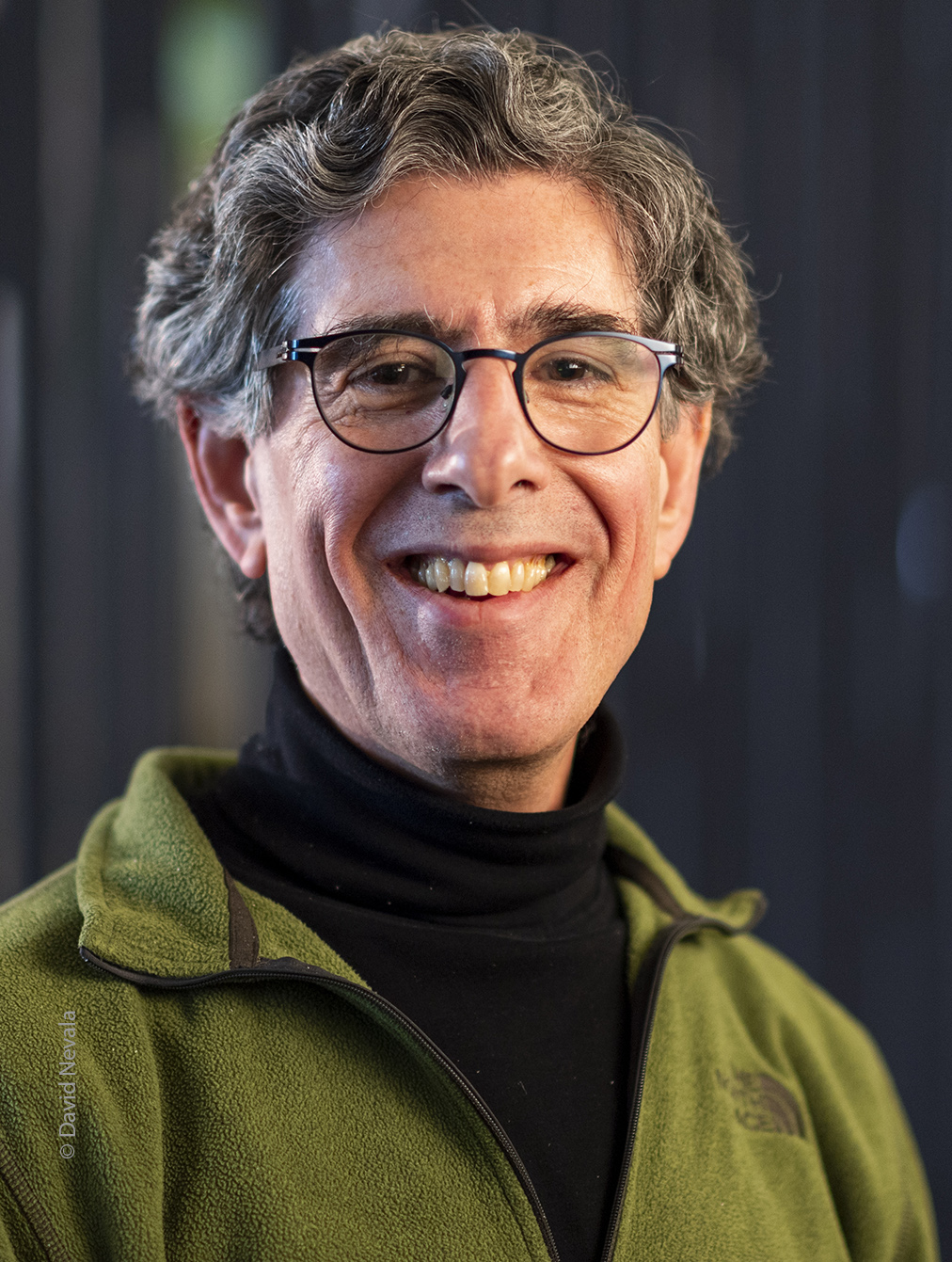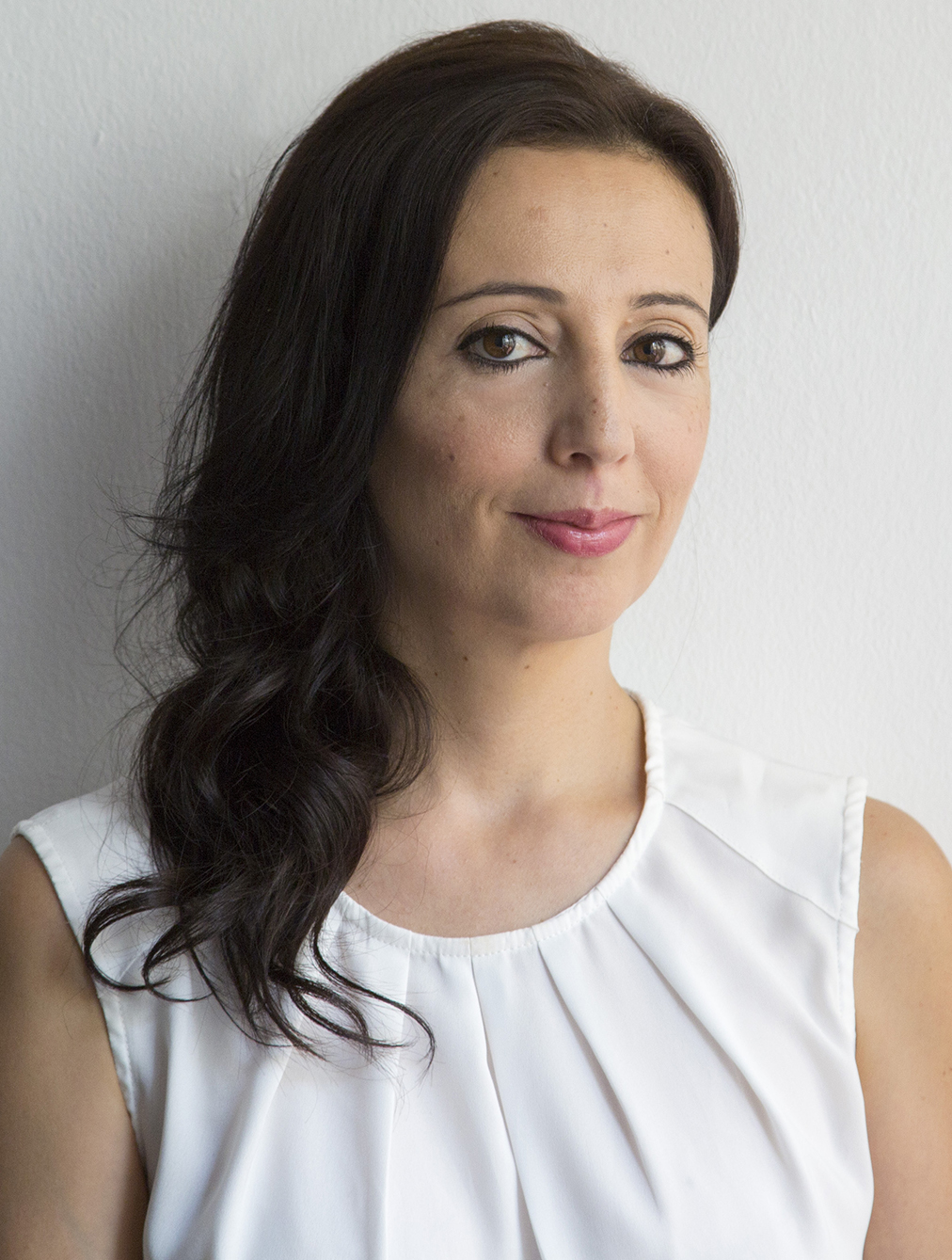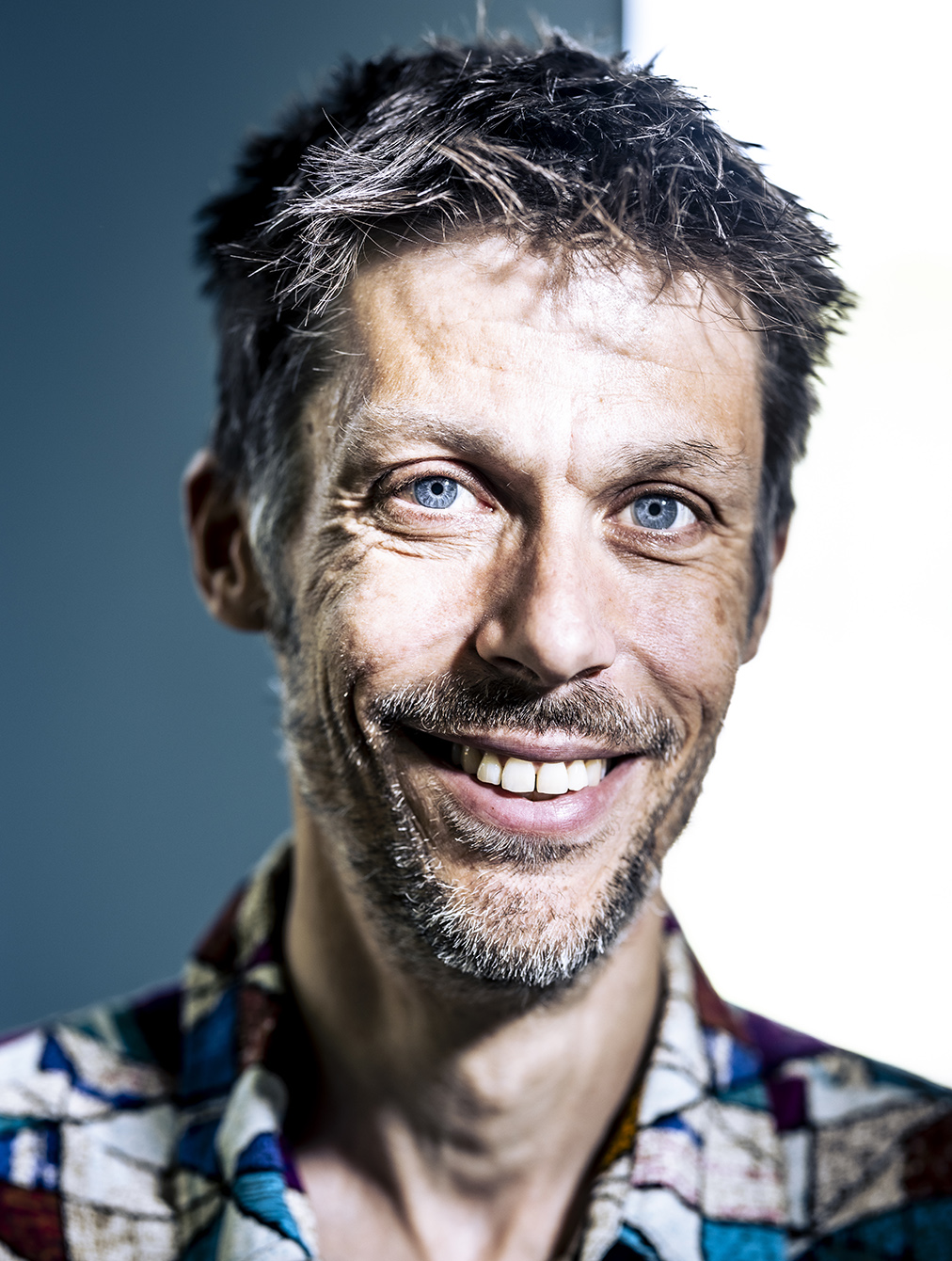
Sian Beilock
President, Dartmouth
Dr. Sian Beilock, cognitive scientist and President of Dartmouth, is reshaping how leaders navigate conflict and change. Known for her calm, decisive approach, she offers research-driven tools for managing crisis, polarization, and institutional upheaval.
When other campuses fractured under protest, Dartmouth stayed steady—thanks to Beilock’s early action: facilitating expert-led discussions that modeled how to think, not what to think. She champions free expression, but not when it silences others.
Beilock’s leadership centers on clarity, dialogue, and courage. Drawing from studies on groupthink and dissent, she fosters cultures where bold ideas thrive.
Her message: authentic leadership doesn’t avoid conflict—it creates space for diverse voices and critical thinking. In a time of misinformation and pressure, Beilock equips leaders to stay grounded, act fast, and lead purposefully.
























